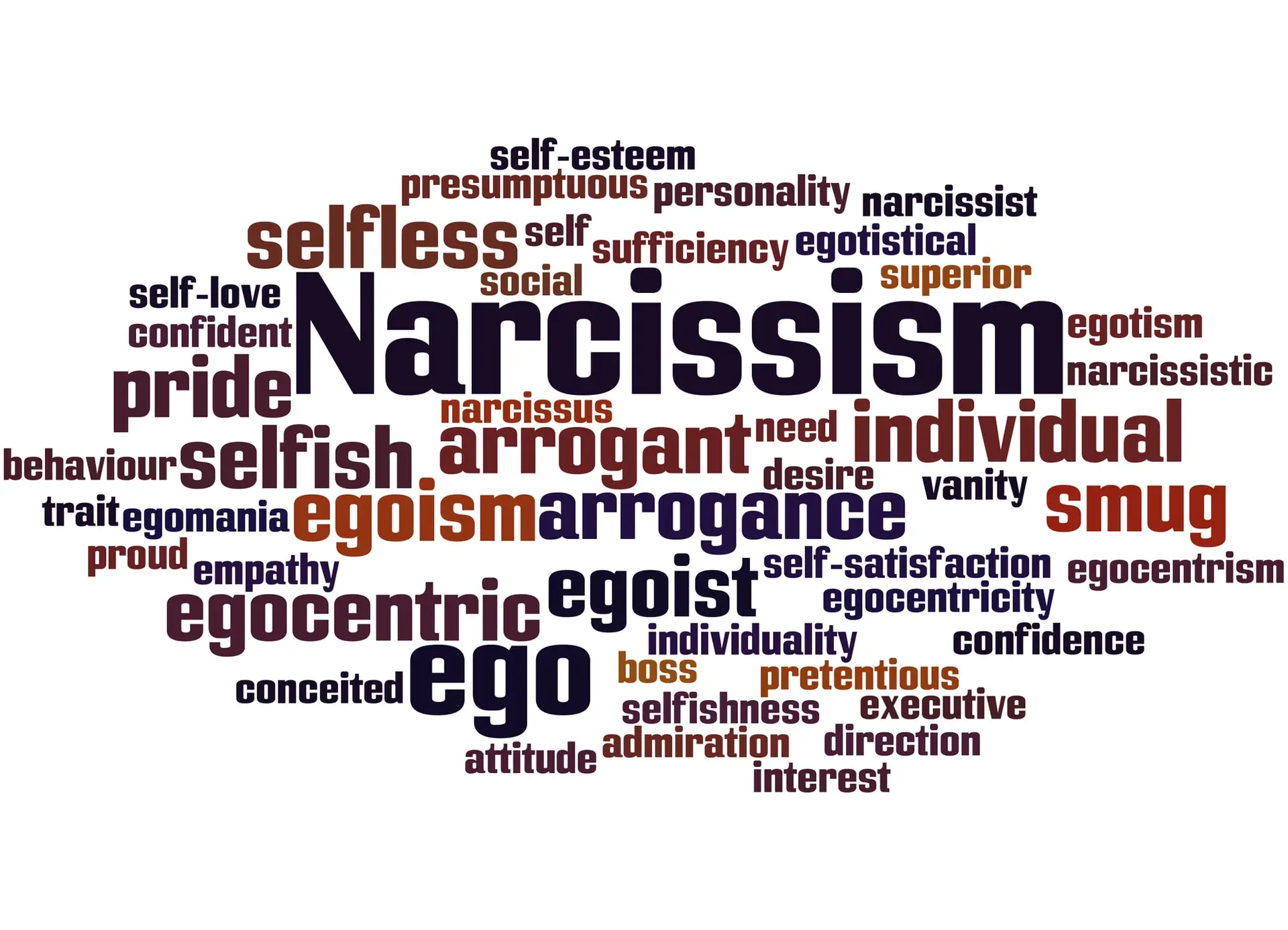12 Traits of a Narcissist: Spot the Signs, Reclaim Your Power
Ever feel like you’re constantly questioning your reality around someone? Like no matter what you do, you’re either too much or not enough? If this sounds familiar, you might be in a relationship with a narcissist.
Understanding the 12 traits of a narcissist isn’t about blaming—it’s about seeing clearly. Narcissistic behavior can leave you doubting your own emotions, feeling guilty for setting boundaries, and walking on eggshells just to avoid conflict.
Let’s break it down, clearly and compassionately.
1. They Make Everything About Them
It starts subtle. You’re talking about your day, and suddenly you’re listening to theirs. Every moment, even your pain, becomes a story about them. Narcissists have an unrelenting need to be the main character—every time.
If you’re stuck in this cycle, you may want to learn more about toxic relationship dynamics.
2. They Lack Empathy
They can fake concern when it benefits them, but genuine empathy? Rare. If you’ve ever opened up and gotten silence, judgment, or a blank stare, you know how dehumanizing it feels.
This lack of empathy is also one of the core features of narcissistic personality disorder. Learn more in our guide to understanding narcissism.
3. They Gaslight You
Gaslighting is emotional manipulation designed to make you question your reality. They’ll say things like:
- “You’re imagining things.”
- “You’re overreacting.”
- “That never happened.”
This leads to confusion, anxiety, and self-doubt. If you’re experiencing this, it might be time to explore therapy for narcissistic relationships.
4. They Can’t Handle Criticism
Even helpful, constructive feedback feels like a personal attack to them. Instead of reflecting, they lash out, deflect, or sulk. Their self-image is fragile, even if they act superior.
If you’re feeling silenced in your relationship, counseling may help you safely process it. Explore options here.
5. They Play the Victim
No matter what happens, they’ll spin the narrative to make themselves the victim. Hurt them, and you’re a monster. They hurt you? Still your fault. This keeps you apologizing even when you’re not wrong.
6. They Create Chaos and Confusion
They provoke conflict, stir drama, then blame others for the fallout. Confusion keeps them in control. You can’t set boundaries if you’re too busy managing chaos.
Those recovering from this kind of emotional instability may benefit from trauma counseling services.
7. They Lead with Charm, Not Character
In the beginning, narcissists can seem perfect—attentive, witty, and magnetic. But it’s a mask. Once they feel secure in the relationship, their true colors emerge.
8. They Struggle to Maintain Deep Relationships
Their connections tend to be surface-level, transactional, or short-lived. True intimacy requires vulnerability, and narcissists see that as weakness.
Want to understand more about how personality traits impact emotional health? Read our guide on personality disorders and mental health.
9. They Control Through Subtle (or Not-So-Subtle) Manipulation
They may monitor your movements, guilt-trip you, or dictate who you can see. It’s not protectiveness—it’s control. And over time, it chips away at your autonomy.
Control masked as love is still control. Women’s counseling services can help you rebuild your sense of self.
10. They Struggle to Apologize
Narcissists often offer non-apologies like:
“I’m sorry you took it that way” or “Fine. I said I’m sorry, what else do you want?”
Real apologies require empathy and accountability—two things they resist.
11. They Exploit Others for Personal Gain
From emotional labor to financial help, narcissists take without giving back. Your kindness becomes a resource they feel entitled to. And if you say no? You’re suddenly the selfish one.
12. They See People as Tools or Threats
To a narcissist, people are either useful or disposable. If you stop feeding their ego or start asserting boundaries, you become a threat—and they’ll act accordingly.
This black-and-white view of others is a central component of narcissistic personality disorder. For deeper insights, McLean Hospital’s NPD provider guide is a trusted clinical resource.
What You Might Be Feeling Right Now
- Confused, because they weren’t always like this
- Guilty, because they’ve made you believe you’re the problem
- Exhausted, because you’re constantly walking on eggshells
- Alone, because no one sees what goes on behind closed doors
You’re not imagining it. You’re not “too sensitive.” You’re responding to real emotional harm.
What You Can Do Now
- Journal what’s happening. Write down patterns without minimizing.
- Set one boundary. Even if it’s small—like not replying to every message right away.
- Talk to someone outside the situation. A therapist can help you reconnect with your voice.
Need help finding the right person? Get matched with a therapist today.
FAQ: 12 Traits of a Narcissist
Q: Can someone have narcissistic traits without having narcissistic personality disorder (NPD)?
A: Yes. Not everyone with narcissistic traits has a diagnosable personality disorder. Many people show patterns of narcissism without meeting the full clinical criteria. That said, the emotional damage can still be very real.
Q: What causes narcissism?
A: Narcissism often stems from early childhood environments—either neglectful or overly indulgent. Genetics and temperament also play a role. Learn more in our understanding narcissism article.
Q: How do I deal with a narcissist without losing myself?
A: Start by setting clear boundaries, sticking to facts (not emotions), and avoiding emotional entanglement. And most importantly, get support. You don’t have to do this alone—therapy for narcissistic relationships can provide tools to stay grounded.
Q: Can a narcissist change?
A: It’s rare, but possible—if the individual acknowledges their behavior and actively seeks treatment. However, narcissists often resist therapy because it challenges their self-image.
Q: Am I being narcissistic for putting myself first?
A: Not at all. Prioritizing your emotional safety is self-care, not selfishness. Boundaries aren’t mean—they’re necessary.
Final Thoughts: You’re Allowed to Walk Away
Recognizing the 12 traits of a narcissist is more than a checklist—it’s a wake-up call. And it doesn’t make you weak. It makes you wise. Whether you choose to distance yourself, leave, or stay and protect your peace, you’re allowed to stop pouring into people who only take.
You’re allowed to heal. You’re allowed to outgrow the chaos. You’re allowed to want more.







